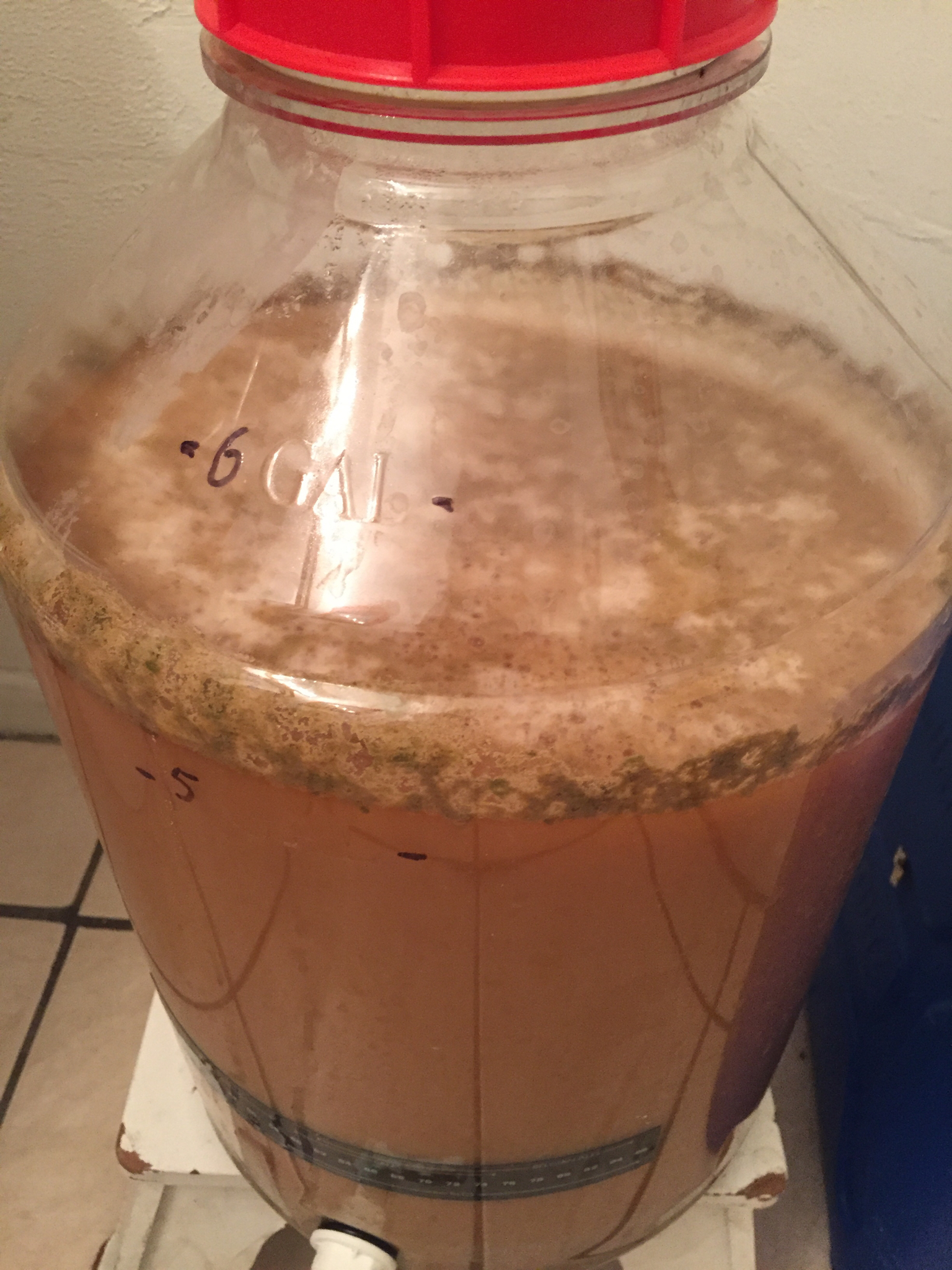New experiments gone bad? Trying my new digital controller to mash while I’m at work. I think the probe was in a bad spot and it over temped
BIAB. Mashed in last night at around 100 and it sat all night. This morning I stirred it good and inserted the controller probe into the mash. I thought I got it to the bottom of the mash. I have a basket holding the mash about an inch or two above the element.
Turned the kettle on and set controller to 150. Monitoring with a wifi camera. Have a dial thermometer below the basket and another digital thermometer at the top of the mash.
What happened is the controller probe was reading way low so the kettle kept going. The dial below hit 190 before the controller ever hit 150 set point. Strangely the very top probe was way high too, 30-40 hotter than the controller probe was reading.
I can only think the controller was in the middle of the mash and the upper probe was at the very outer edge of the basket and maybe the heat was going up the outside of the basket faster than thru the mash.
I called home and had the kettle turned off but probably too late
Anyway. I think I probably killed most of the enzymes? I’m curious if any surviving enzymes can finish the job if the temperature came down in time. Or if I add a small amount of fresh grain at lower mash temps for extra long will they stay alive to finish the whole mash?
BIAB. Mashed in last night at around 100 and it sat all night. This morning I stirred it good and inserted the controller probe into the mash. I thought I got it to the bottom of the mash. I have a basket holding the mash about an inch or two above the element.
Turned the kettle on and set controller to 150. Monitoring with a wifi camera. Have a dial thermometer below the basket and another digital thermometer at the top of the mash.
What happened is the controller probe was reading way low so the kettle kept going. The dial below hit 190 before the controller ever hit 150 set point. Strangely the very top probe was way high too, 30-40 hotter than the controller probe was reading.
I can only think the controller was in the middle of the mash and the upper probe was at the very outer edge of the basket and maybe the heat was going up the outside of the basket faster than thru the mash.
I called home and had the kettle turned off but probably too late
Anyway. I think I probably killed most of the enzymes? I’m curious if any surviving enzymes can finish the job if the temperature came down in time. Or if I add a small amount of fresh grain at lower mash temps for extra long will they stay alive to finish the whole mash?


 )
)




























![Craft A Brew - Safale BE-256 Yeast - Fermentis - Belgian Ale Dry Yeast - For Belgian & Strong Ales - Ingredients for Home Brewing - Beer Making Supplies - [3 Pack]](https://m.media-amazon.com/images/I/51bcKEwQmWL._SL500_.jpg)


























